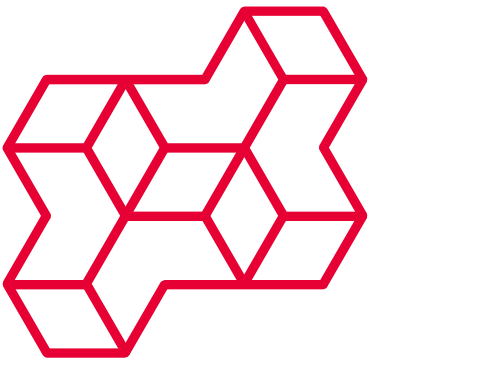Inverse problems have been an important and active field in applied mathematics in recent decades, with a strong impact on many disciplines. Classical research in inverse problems involves a combination of modeling, mathematical analysis, algorithm development and implementation, and validation. The recent rapid development of sensing and computing technologies has brought new opportunities and challenges to inverse problems. Data-driven approaches, and in particular deep learning concepts, are currently penetrating almost all areas of science and engineering, showing an increasing impact on the methodology of inverse problems from modeling to implementation. The purely model-driven classical approach has some shortcomings and could be overcome by the data-driven methodology. However, naively applying deep learning concepts to inverse problems generally fails. With advances in sensing and computing technologies and relevant fields, there are great new research opportunities for inverse problems.
This mobility program will assemble a team of Chinese and German partners with established research in CT, magnetic particle imaging, multimodal imaging, multispectral CT and dynamic CT, deep learning, image/video quality assessment, and computational technology. This is a multidisciplinary team of theorists* and practitioners* of relevant fields motivated to identify new opportunities for long-term collaborations by responding to challenges in selected topics from classical to modern perspectives. In this mobility program, both sides will share and pursue their knowledge and ideas on modeling, mathematical analysis, algorithm development and implementation, and validation from classical to modern perspectives. We will work together on five small projects on challenging topics to lay the foundation for long-term collaboration, especially for the Nchwuchswissenschaftler*innen. We expect the above goals to be achievable and beneficial to both parties and the inverse problem community at large.

